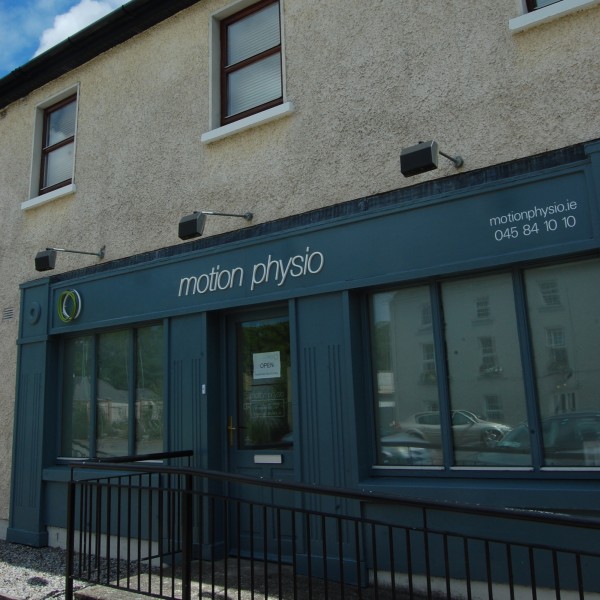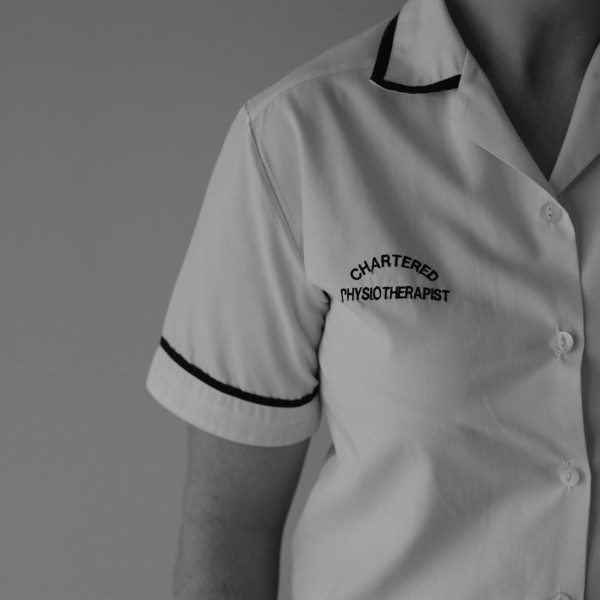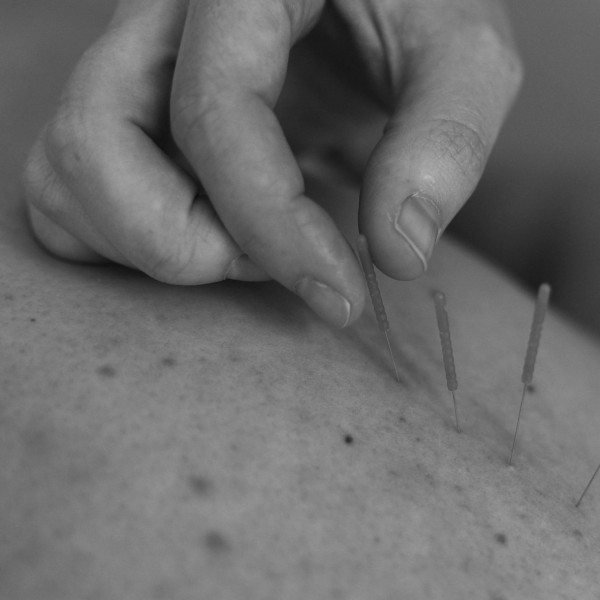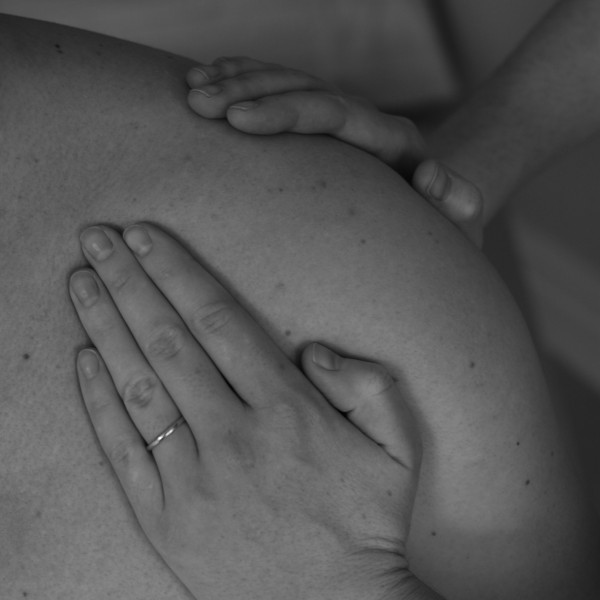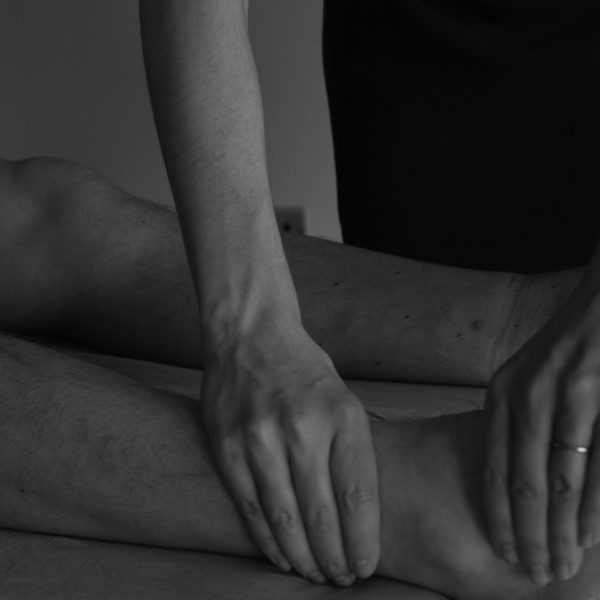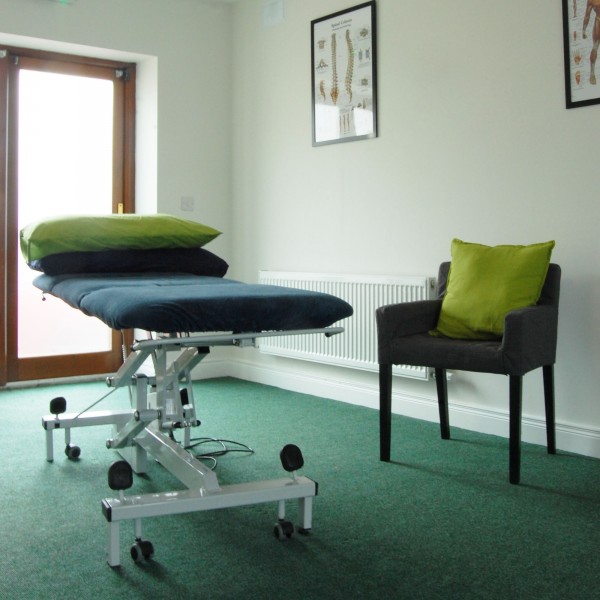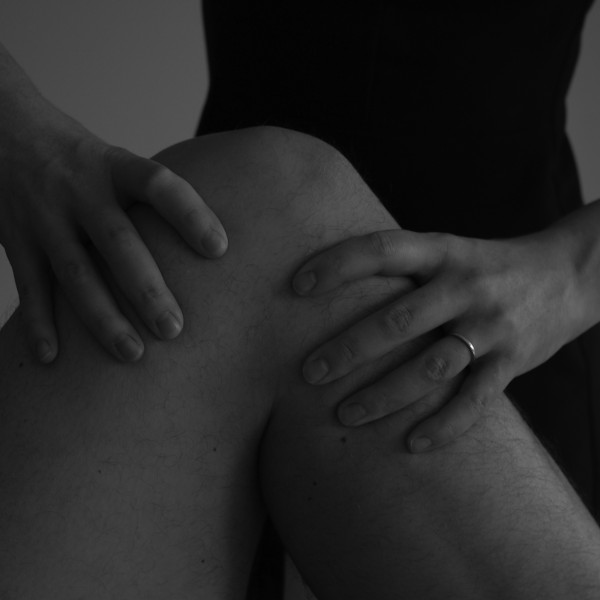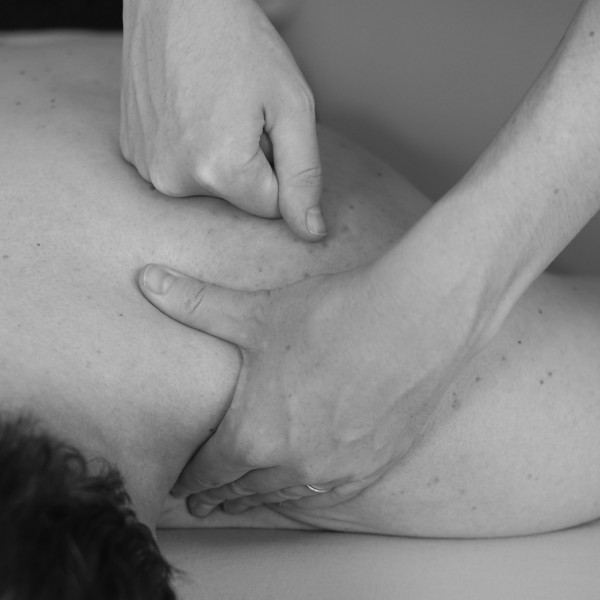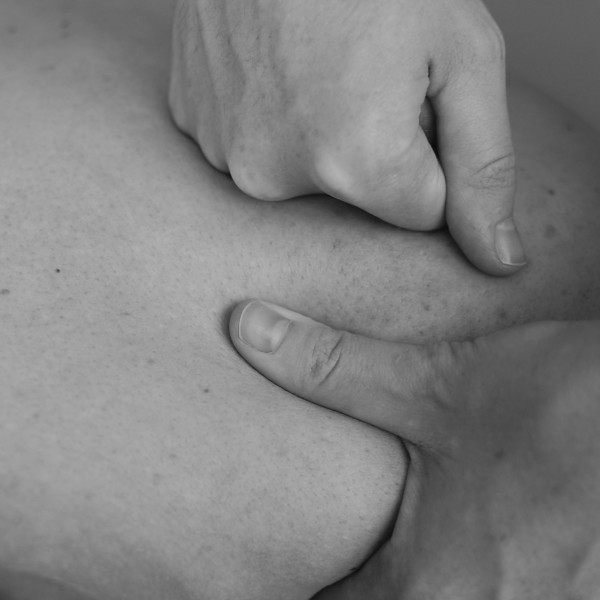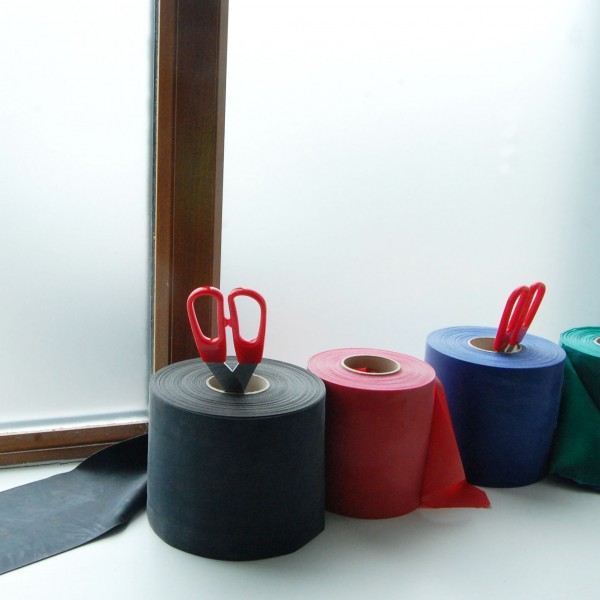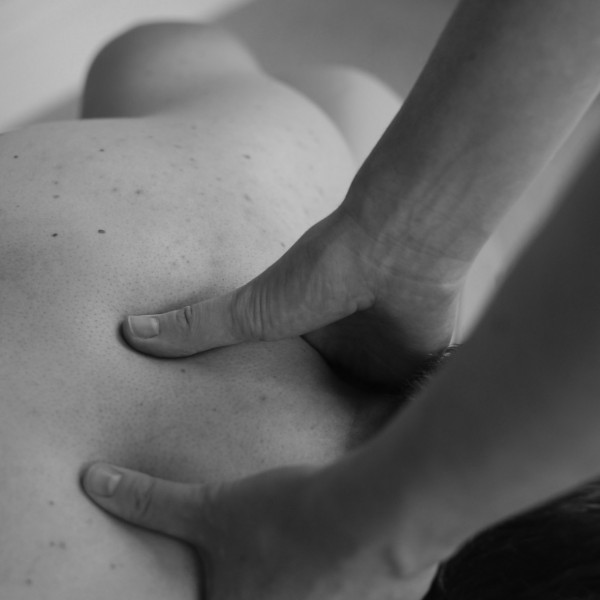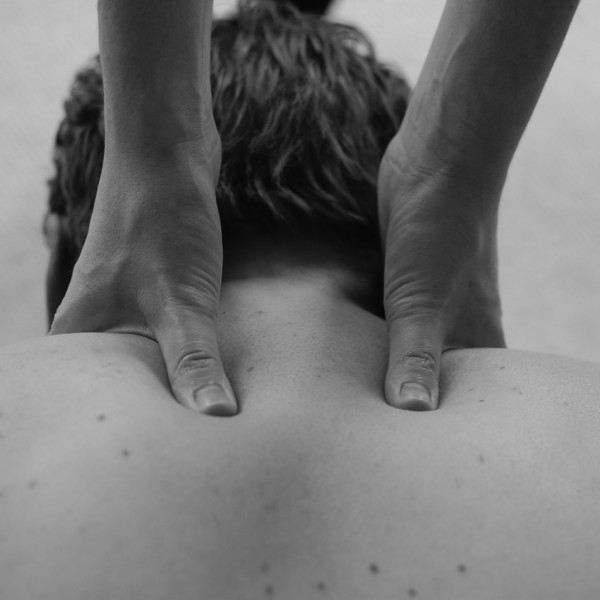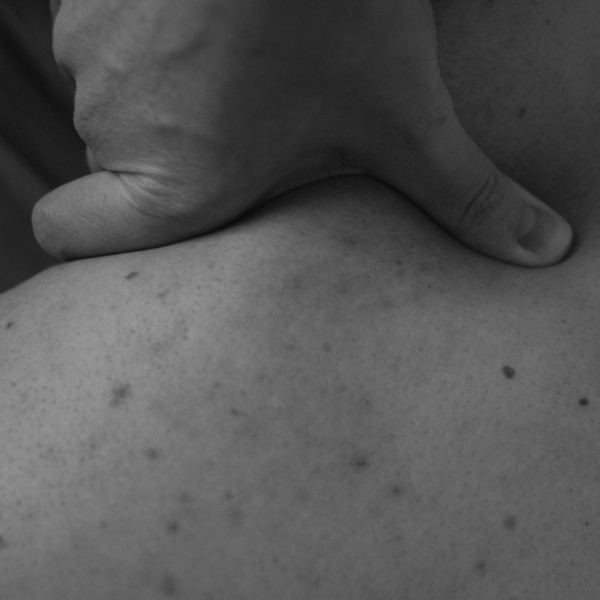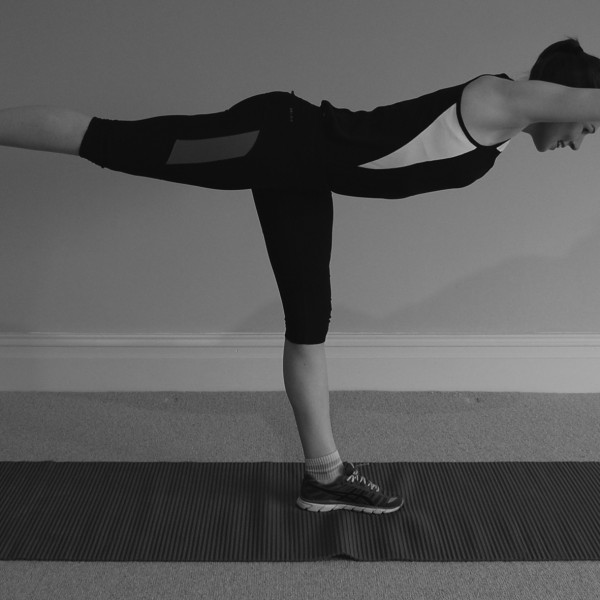• As you increase your mileage, muscular aches and ‘niggles’ may occur therefore build up gradually.
• Never increase your mileage by more than 10% in a week; and never increase both speed and distance in the same week.
• If the increasing mileage proves too tough, take an easy day or rest, this will allow your body to refuel and recover.
• Vary your running surface and direction of your runs.
• You don’t have to run all the time; include cross-training into your programme with cycling, rowing and swimming.
• Include resistance and core training into your programme, this will aid in preventing low-back, hip and leg/foot injuries.
• As your fitness improves it will feel more natural to train more often, and enhance your chances of enjoying the marathon experience.
• Replace running shoes regularly; look under the soles for wear and the mid-sole for over-compression. It’s better to vary between two pairs during your preparation. Go to a specialist sports shop for advice on the best running shoe for your foot type, it’s an essential expense!
• Increased back/leg aches and pains may be a sign that your running shoes need to be changed.
• Orthotics (permanent insoles) are often used by runners to help prevent common running injuries. Check with your local Chartered Physiotherapist for a biomechanical assessment to ascertain if you require such insoles in your running shoes.
• Warm up adequately with easy running to prepare your joints and muscles for your race pace, include stride outs, high knee lifts, heel kicks and trunk twisting.
• Perform static sustained stretches after running to minimise muscle soreness and joint stiffness. This helps to prepare your body for your next running session.
• Keep a training diary.This is a useful way of monitoring last years’ form and your training prior to an injury. Use the information to prevent the same pitfalls and to plan your next running programme.
• Never run if you feel unwell; do not attempt to catch-up on lost mileage after illness/injury. This can cause further damage and result in a longer period off running. Better 3 to 4 days of rest than 3 to 4 weeks of frustration!
If you have pain developing as you start your running programme, pop into us at Motion Physio Clinic, Prosperous, Tel: 045 841010. I can perform an assessment, give you a diagnosis and treat you as required.
Taken from the www.iscp.ie Marathon Preparation Information Leaflet


